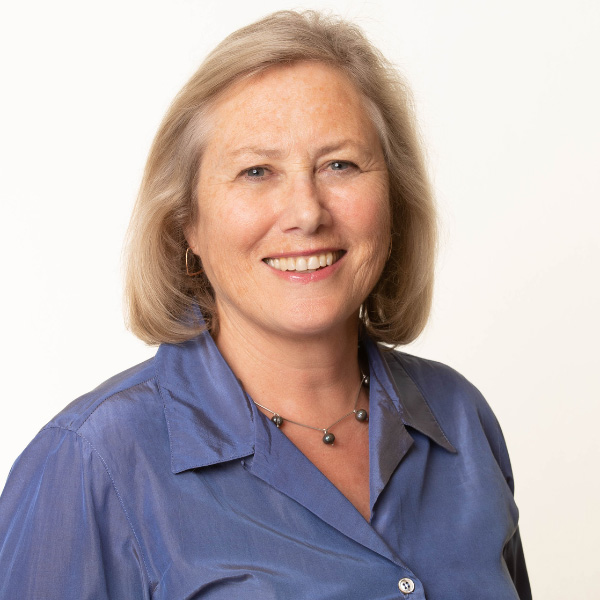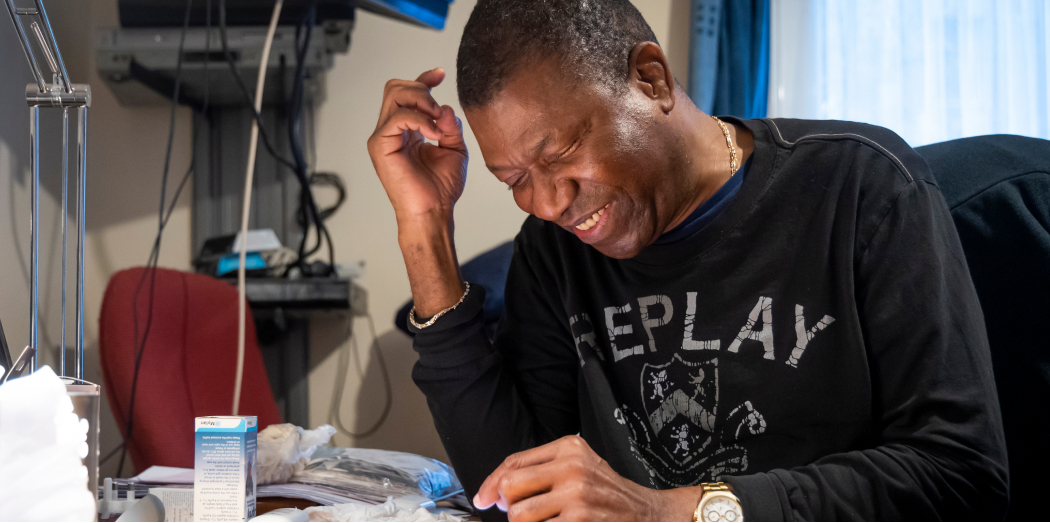A comprehensive framework for the conceptualization of physical mobility as an essential construct to address in both the assessment and treatment of older adults
2017 Catalyst Grant
Mobility is one of the most important contributors to well-being and health-related quality of life as we age. Broadly defined as the ability of an individual to safely move within environments that expand from one’s home and neighborhood to the greater community, it is critical to remaining socially engaged, reducing the risk of mental and physical deficits and preventing institutionalization. Furthermore, the wealth of literature spanning multiple disciplines indicates that pathways of mobility impairment in older adults are complex, influenced by factors belonging to biological, cognitive, behavioral, psychosocial and environmental systems. As such, preserving mobility into old age requires a personalized approach. This interdisciplinary team is using a mixed-methods approach to build and validate a model of physical mobility in older adults. To date, the team has explored sociodemographic, psychosocial and behavioural factors that are related to the ability of older adults to move around within their environment (life space assessment) using data from the Canadian Longitudinal Study on Aging (CLSA). In the next phase of this project, they will validate these findings by exploring the perceptions of older adults regarding mobility and impairment.
“Without funding from the Labarge catalyst grant program, we would have been unable to initiate these studies. This support has been a critical component of a foundation that we hope to use for future research and training opportunities in aging and mobility.”











